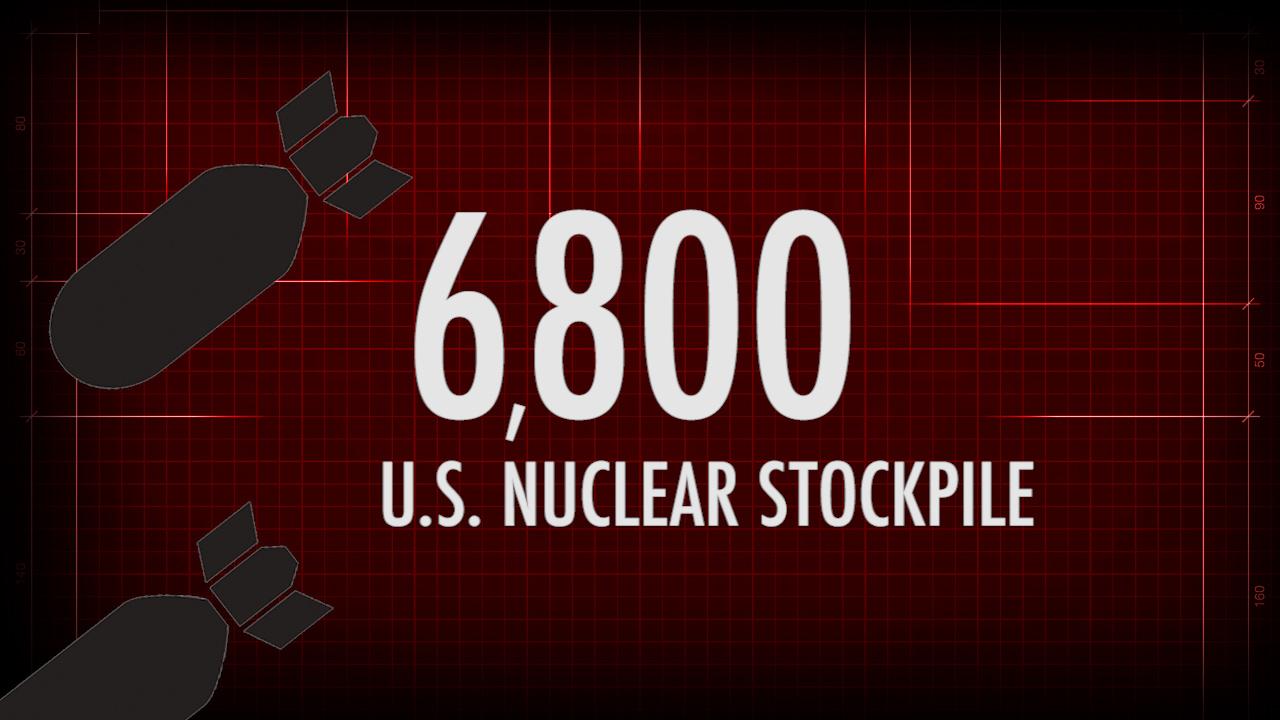Nuclear missile overhaul falls to small pool of contractors
The Pentagon is pitting two American contractors against each other as it looks to replace the nation's land-based intercontinental ballistic missiles.
But with Russia and China modernizing their nuclear forces and North Korea becoming a potential nuclear threat, some defense experts say a better plan would be to make Boeing Co. (NYSE:BA), Northrop Grumman Corp. (NYSE:NOC) and others work together to confront mounting challenges.
This week, the Pentagon picked teams led by Boeing and Northrop to vie for the latest piece of its overhaul of the county's nuclear force, with almost $700 million in contracts for design work to develop replacements for aging Minuteman III missiles deployed in silos across the Great Plains.
Lockheed Martin Corp. (NYSE:LMT) was eliminated from the contest for the Ground-Based Strategic Deterrent program, which is expected to eventually cost $85 billion. Lockheed could lodge a protest, as it did unsuccessfully after Northrop bested its joint bid with Boeing to build a new long-range bomber in 2015, though it declined to comment ahead of a debrief from Air Force officials.
The Pentagon is due to decide in 2020 which team will build the intercontinental ballistic missiles and new communications infrastructure, as well as refresh the silos.
Richard Safran, an analyst at Buckingham Research Group, said the project could still draw Lockheed and other defense firms, including General Dynamics Corp. (NYSE:GD) and Orbital ATK Inc. (NYSE:OA), into the project under Boeing or Northrop leadership. Aerojet Rocketdyne Inc. (NYSE:GY) this week said it would provide the rocket motors for the Northrop offering.
Boeing is expected to disclose its partners at a military trade show next month, according to people familiar with its plans. The company said in a statement Monday that it would draw on the best of Boeing to deliver the "capability, flexibility and affordability the mission requires," with work focused at three of its plants in Alabama, Utah and Ohio.
Northrop Grumman said in a statement Monday that it looks forward "to the opportunity to provide the nation with a modern strategic deterrent system that is secure, resilient and affordable."
Maj. Gen. Roger Burg, who retired from the Air Force in 2010 after a career that included heading the ICBM units, said pooling the work of multiple companies under one joint effort is desirable as many of the experts who built the original system in the 1970s have retired.
"We probably have just enough capability to have one really good team," said Maj. Gen Burg, who advised two of the teams in the ICBM contest.
After years of delays caused by budget cuts, the Pentagon is pressing ahead with a simultaneous refresh of all three legs of the so-called nuclear triad defense system: land-based missiles, bomber-launched missiles and those on a fleet of submarines. The Pentagon plans by 2020 to select one contractor to build 600 missiles, with 400 of those to be deployed on alert and the balance held for testing.
The total bill is estimated by some outside experts to be more than $500 billion over the next 20 years -- some 5% of the total defense budget. The Pentagon hasn't disclosed a final estimate as most of the programs are classified, and officials declined to comment on future contracting arrangements.
Pushing ahead with the programs could lead to a sustained increase in military spending or prove to be a double-edged sword for defense contractors, with some concerned that other contracts for new ships and fighter jets could be crowded out by a singular focus on the nuclear overhaul.
President Donald Trump has supported the Pentagon push even as critics such as former Defense Secretary William Perry have said plans to replace the missiles are too costly. With a new bomber capable of delivering nuclear cruise missiles and Columbia-class submarines carrying missiles under construction, Mr. Perry and other defense experts argue the U.S. doesn't need a third method of delivering nuclear warheads to deter adversaries.
"We continue to wonder about the logic and cost of replacing land-based ICBMs," said consultant Byron Callan, of Capital Alpha Partners LLC.
At the same time, lawmakers have questioned the trajectory of separate work meant to develop a replacement cruise missile that can be delivered from bombers.
The Pentagon this week awarded Lockheed and Raytheon separate $900 million deals to continue the development of the long-range stand off missile, a program expected to cost around $20 billion. Boeing, which supplies the aging missiles that will need to be replaced in the late 2020s, had also bid for the cruise missile deal.
A final decision on which company will build the missiles will be made in 2022, if funding is agreed on.
Lockheed Martin said in a statement Wednesday that it's experience in cruise missiles "will provide the most reliable, capable, sustainable and affordable program in defense of our nation and our allies." Raytheon declined to comment.




















